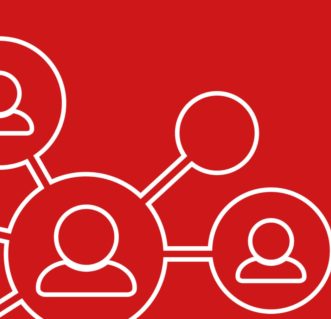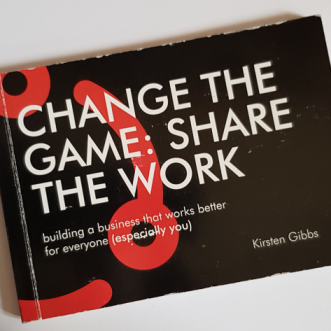April 3, 2020
If you know about Neuro-linguistic Programming (NLP), you’ll know that people have preferred channels of communication and expression. Some people lean towards images, others towards words, others towards feelings.
Not surprisingly, these preferences apply to how people take in the information that convinces them of something, for example, whether or not someone is doing a good job.
Try it. Ask yourself “How do I know someone’s doing a good job?“
Is it by seeing them do it? Is it by reading a report they’ve produced? Is it by hearing someone tell you? Is it by doing it with them?
The preferred channel isn’t the whole story though, we also have a preference that relates to time and frequency – how many times we need to experience the signals of a job well done, in order to be convinced that the person doing it can be safely left to themselves.
Some people are immediately convinced, they only need to see/read/hear/do once, and they are happy to let the person carry on.
Others need a few instances before they are convinced.
Yet others need to keep receiving the evidence because they are never quite 100% convinced, no matter how many times they see/hear/read/do.
Clearly this has implications for what might be appropriate roles for the individuals in your team, depending on the kind of business you do. And there are dangers in it, as I’ve talked about before.
It is of particular relevance if you are a manager or business owner, when one or more of the usual channels are not available.
The first part of the answer for most businesses, is to switch to measuring outcomes, not work.
The second is to run spot-checks at a reasonable frequency, which can take different forms.
For example you could arrange to ‘accompany’ someone as they perform their job. You give notice, so they are prepared, because you are not so much checking what they are doing as monitoring the reactions of the people they interact with as they do it.
Or you can ‘mystery shop’ – the non-creepy equivalent of observing covertly, from a distance. Better yet, get a professional to do it for you on a regular basis.
And you can give everyone a stake in success, by truly sharing ownership.
The point of this post, and some of the others I’ve written this week, is to show that there may be reasons beyond the immediate crisis that are making you and your team feel uncomfortable and demotivated.
Of course the priority now is get set up just enough to survive.
But there is no need for things to be worse than they are, and soon you will have some time to invest beyond survival.
By taking the time to understand individual working styles, so you can work with the grain of every member of your team (including yourself), you’ll come out of the other side stronger. And you’ll have showed your team you care.
Here’s the book reference again: “Words that Change Minds”, by Shelle Rose Charvet. Check out the website too.









